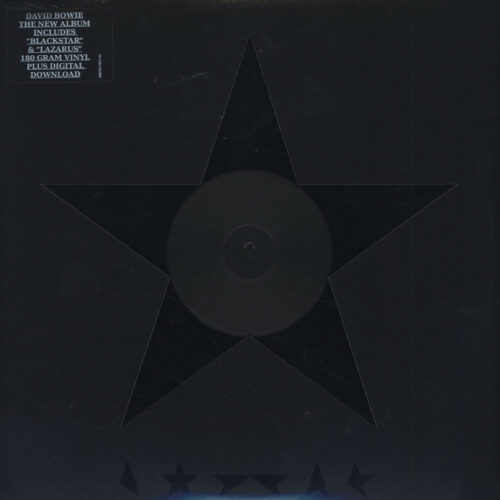The rigor of David Bowie’s 25th and final record leaves us with cold certainty: The British pop icon’s death plays a central role in the concept of »Blackstar«. There’s no arguing about this, which is why this rare piece of pop-history is all the more haunting. Never before has the immediacy between life and illness, between battle and loss been this concrete. It seems absurd that the singer’s death has been turned into an instrument for self-presentation by his own choosing – an impressively staged life, even beyond death. David Bowie does not only leave us with fears and feelings that might have haunted him since he was diagnosed with cancer. He also talks to us from beyond: »Everybody knows me now«, as he assumes to be a given fact when people are consuming his music. Hence, the record manages to keep its timelessness in an intelligent yet oppressing manner. David Bowie’s transcendental spectacle, which suggests that the journey has long started, must captivate even bystanders within seconds. We are as close as can be to the protagonist’s mystification. Lazarus-like, he is ascending into heaven, when he realizes that he has dropped his cell phone. But since there is no resurrection, there is no need for a return call, either. Hence, there is nothing to do for David Bowie but to bow down to himself with the last song. Some of his wordings are modestly fading into irrelevance when he is citing his very own spirit of departure from »Low«, while at the same time continuing it. The long and last look into the mirror gives it away: »There is no one to prove your worthiness to. Except yourself.« Then nothing remains but silence – and the awareness of having experienced a real star.

Blackstar

